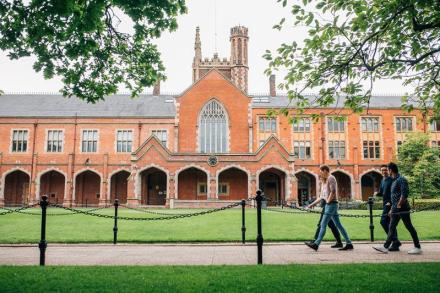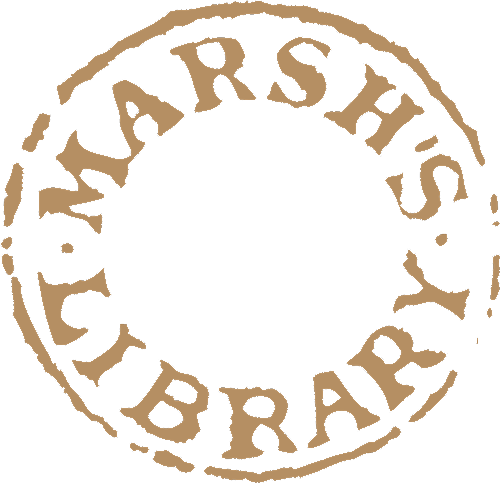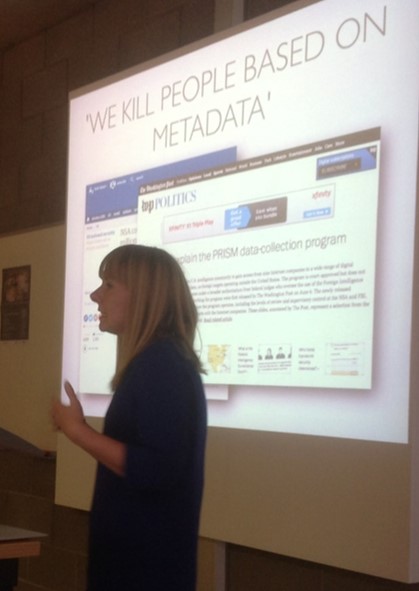“SHAKESPEARE, ULSTER, BEYOND”
A meeting of the Irish Renaissance Seminar
Saturday 18th May 2019 at Ulster University, Belfast
For further information on this meeting of the IRS, please contact the organisers Kevin De Ornellas and Alisa Hemphill.
SCHEDULE
11.00-11.15: Welcome – in the Conor Lecture Theatre:
Kevin De Ornellas, Ulster University, co-organiser
Frank Ferguson, Ulster University, Research Director for English
Tom Maguire, Ulster University, Head of School of Arts and Humanities
11.15-12.05: Shakespeare in India:
Thea Buckley, Queen’s University, Belfast: “Indigenising Cleopatra as South India’s avenging goddess in Jayaraj’s Kannaki”.
Rosa Maria Garcia Periago, Queen’s University, Belfast: “Localising Romeo and Juliet in Sanjay Leela Bhansali’s Ram Leela”.
12.05-1pm: (Later) Early Modern European Histories:
Gabriel Guarino, Ulster University: “Sexuality and its Discontents: Marital Tensions and Sexual Defamation in the Court of Bourbon Naples, 1734-1799”.
Andrew Sneddon, Ulster University: “Representing Irish Witchcraft in ‘fact’ and ‘fiction’”.
1pm-1.40pm: Lunch
1.40-2.40pm: Legacies of the Past: Perspectives from around Ireland:
Emily Allen, National University of Ireland, Galway: “Lost Lands and Language: rhetoric of women’s petitions for land during Ireland’s Desmond and Baltinglass Rebellions”.
Nathan Dooner, University College Dublin: “Reactions to a gender-based vocabulary”.
Dónall MacCathmhaoill, Ulster University: “Save the Rose! Space and place in the campaign to preserve an Elizabethan theatre.”
2.40-3.20pm: Keynote Address:
Tom Maguire, Ulster University: “When Shakespeare’s not our contemporary: retelling, adaptation and contemporary children”.
3.20-3.30pm: Break.
3.30-4.20pm: Problems: Books, Brexit:
Marie-Louise Coolahan: National University of Ireland, Galway: “‘My lady’s books’: Devising a toolkit for quantitative research; or, What is a book and how do we count it?”
Stephen O’Neill, National University of Ireland, Maynooth: “Brexit Cliff Notes: Finding Refuge in Shakespeare’s King Lear”.
4.20-5.30pm: Adaptation, Animals, Performance: Four perspectives:
Amanda Finch, Ulster University of Ulster: “Cross-Gender Casting and Violence in Contemporary Performances of Shakespeare’s Comedies”.
Alisa Hemphill, Ulster University: “A common treasury for all: levelling the animal-human divide through the Digger movement, 1649-1650”.
Kelly McCloy, Ulster University: “‘Alien’: Arnold Wesker and The Merchant of Venice”.
Alex Watson, Royal Holloway, University of London: “Protest in Contemporary Adaptations of Shakespeare’s Roman Plays”.
5.30-6.30pm: Conference close and reception

























